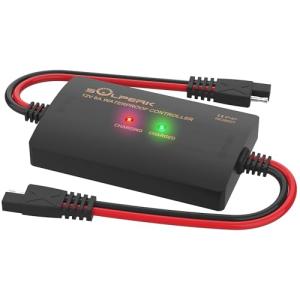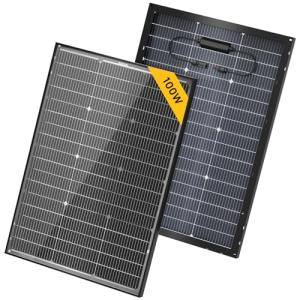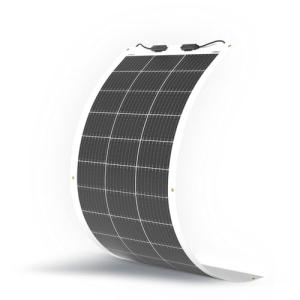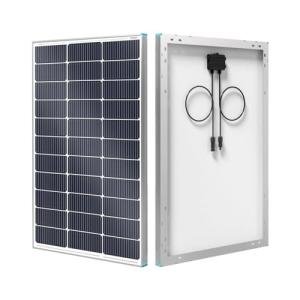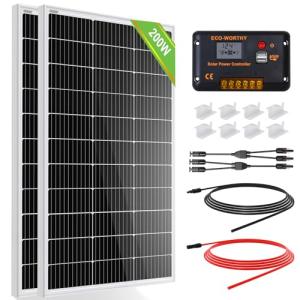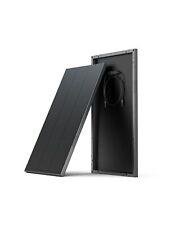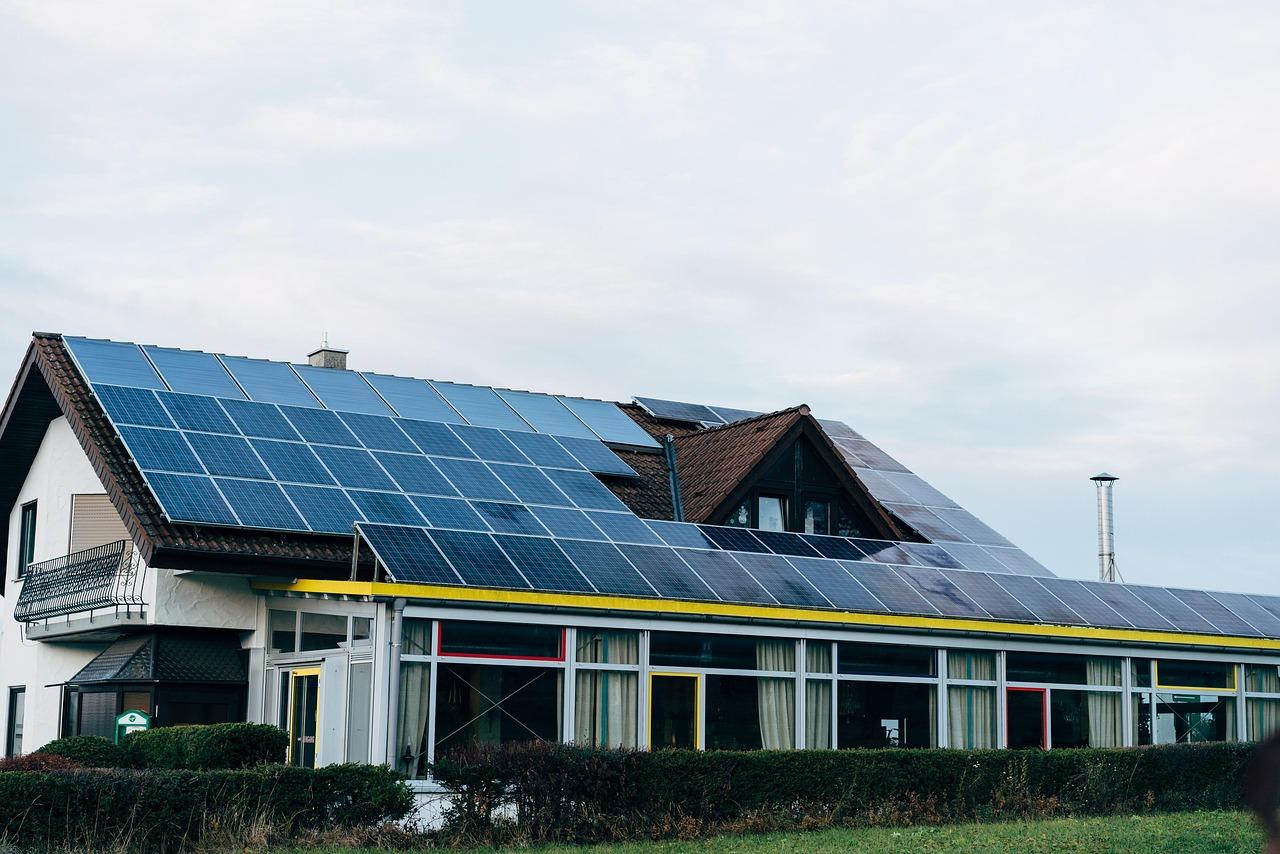Solar panels are a powerful way to save money on your energy bills, and they work in a pretty straightforward way. When sunlight hits the solar panels, they generate electricity. This sunlight is converted into usable energy by the solar cells within the panels. It’s like harnessing the sun’s power right in your own backyard!
The electricity generated can be used to power your home, which means you rely less on your local utility company. When you use solar energy, you’re essentially cutting down your monthly electricity expenses. Some homeowners even sell their excess energy back to the grid, putting a little extra cash in their pockets.
Now, let’s talk about Solar Panel Cost. The initial investment might seem high, but many states offer incentives, tax credits, or rebates that can help. These savings can significantly lower the upfront costs. Plus, with rising energy prices, those savings only grow over time, making solar energy a smart, long-term investment.
In the end, installing solar panels isn’t just about going green; it’s a smart financial move. The combination of energy independence and potential savings makes it clear why so many people are making the switch to solar. When you weigh the cost against long-term savings, it simply adds up!
Factors That Impact Solar Panel Prices
When it comes to solar panel cost, several factors play a big role in determining how much you'll pay. First up, we have the type of solar panel you choose. There are different kinds—monocrystalline, polycrystalline, and thin film. Monocrystalline panels tend to be the most efficient and also the pricier option. If you’re looking for budget-friendly alternatives, polycrystalline panels are a solid choice, though they might take up a bit more space.
Location is a huge factor as well. Depending on where you live, the solar market can vary quite a bit. Some states offer fantastic incentives, like tax credits or rebates, that can significantly cut down the overall cost. If you’re in an area with plenty of sunshine, you’ll likely see a better return on your investment in solar energy. So, don’t forget to check out local regulations and incentives that can influence your solar panel cost.
Installation costs come into play, too. Hiring a professional is often the best way to ensure everything is set up correctly. But remember, installation fees can vary by region and company. It’s always smart to get a few quotes before diving in. Sometimes, the cheapest installation isn’t the best option, so look for reviews and ask about warranties.
Lastly, the size of your solar panel system matters. Need enough power for just a small home? A smaller system will cost you less. But if you're powering a larger space or multiple buildings, you’re going to need a bigger setup, which naturally ramps up the cost. Take the time to estimate your energy needs before making that investment.
SOLPERK 8A 12V Waterproof Solar Charge Controller
Keep your solar setup running smoothly and efficiently with this reliable waterproof charge controller
Product information
€25.37 €14.43
Product Review Score
4.25 out of 5 stars
145 reviewsProduct links
Breaking Down Installation Expenses
When looking at the overall solar panel cost, installation expenses often take center stage. Let’s break it down so you know what to expect. The cost of installing solar panels can vary quite a bit based on a few factors. This includes where you live, the size of your system, and any special features you might want.
First up, labor costs. Hiring professionals to install your solar panels usually ranges from $1,000 to $3,000. While some folks might consider DIY installation, it’s important to keep in mind that getting it right is key to maximizing your system's performance. Plus, contractors often offer warranties, which can save you money in the long run.
Then there’s the equipment itself. Solar panels, inverters, batteries, and mounting hardware all play a role in the overall solar panel cost. On average, you can expect to shell out anywhere from $15,000 to $25,000 for an entire system, including installation. Choosing quality components might seem pricey upfront, but it can enhance efficiency and longevity.
Don’t forget about permits and inspections. Local regulations may require specific permits for installation. These costs can vary, often falling anywhere between a few hundred to a couple of thousand dollars. It’s worth checking with local authorities to get an accurate picture of what you’ll need.
Lastly, consider available incentives. Tax credits or rebates can significantly lower the upfront cost of your solar panel system. The federal solar tax credit, for instance, allows you to deduct a portion of your installation costs from your federal taxes. Be sure to explore local incentives too, as they can differ quite a bit by region.
BougeRV 100W 12V Bifacial Solar Panel
Get reliable power for your adventures with this lightweight and durable solar panel
Product information
€109.98 €93.06
Product Review Score
4.2 out of 5 stars
41 reviewsProduct links
Financing Options for Solar Panels
When it comes to investing in solar panels, understanding your financing options can make a world of difference. Solar panel cost can seem overwhelming at first, but breaking it down into manageable pieces helps a lot. There are several ways to finance your solar project and find the choice that suits your budget.
One option is to pay upfront. This means you’ll buy the solar panels outright, which usually gives you the best return on investment. If you have the cash on hand, this can save you money in the long run since you won’t be tied to a loan or lease agreement. Plus, you’ll immediately benefit from savings on your electricity bills.
If paying upfront isn't feasible, consider a solar loan. These loans let you spread the cost over several years. Many banks and credit unions offer specialized solar loans at competitive rates. With monthly payments, the idea is that the savings on your electric bills will often cover or exceed the loan payments, making this a win-win situation.
Leasing is another great option, especially if you want to skip the hefty initial investment. With solar leasing, you pay a monthly fee to use the panels without owning them outright. This plan is a solid choice if you're not ready to commit to buying. Just keep in mind that while you won’t benefit from tax credits, you’ll still enjoy savings on your utility bills.
Don’t forget about incentives like tax credits and rebates. These can significantly lower your overall solar panel cost. Taking advantage of tax credits can bring your costs down by 30% or even more. Check with local or state programs in your area to see what’s available.

